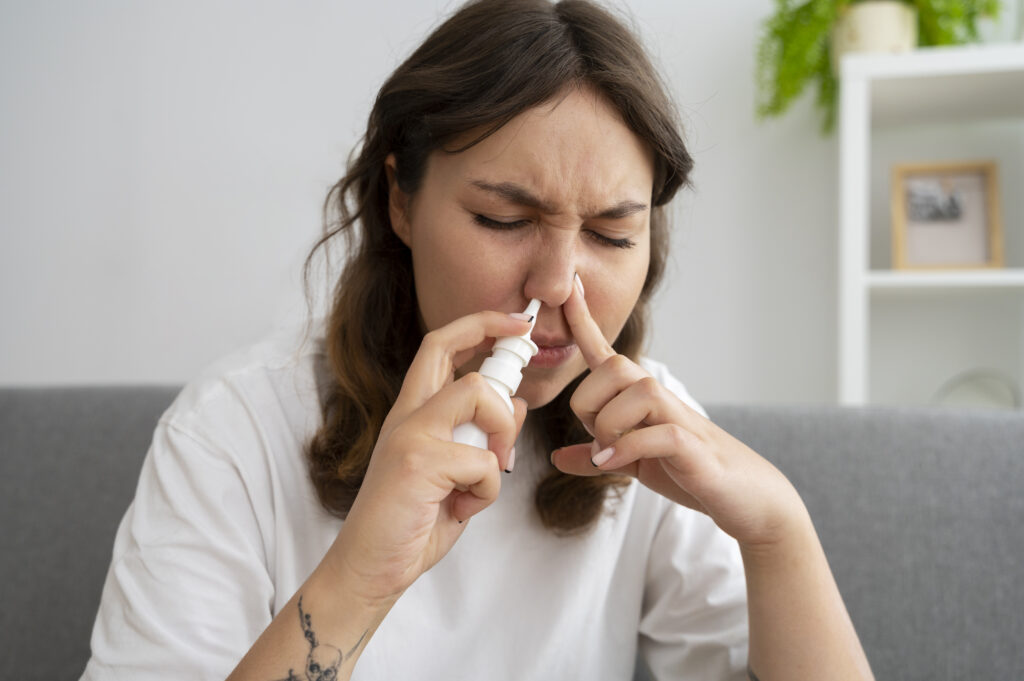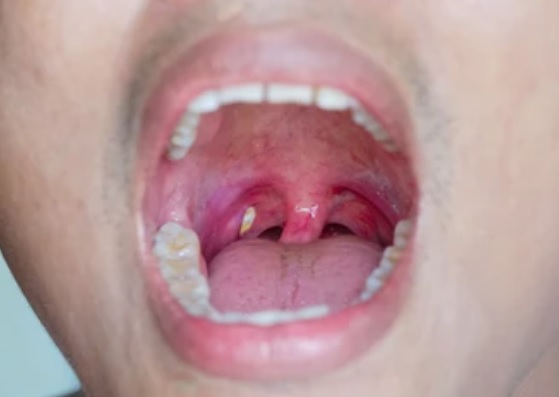Tonsil stones, or tonsilloliths, are small, calcified deposits that can form in the crevices of your tonsils. They develop when food particles, dead cells, and bacteria build up and harden. Although typically harmless, recurring tonsil stones can lead to bad breath, throat irritation, and swallowing difficulties. Preventing their recurrence requires adopting consistent and effective oral care habits.
Below are some practical steps to help keep tonsil stones at bay.
1. Prioritize Oral Hygiene
Good oral hygiene is essential for reducing the bacteria and debris that contribute to tonsil stone formation.

- Brush Twice a Day: Use a fluoride toothpaste to clean your teeth and remove plaque.
- Floss Daily: Flossing helps remove food particles from between teeth and along the gumline.
- Clean Your Tongue: A tongue scraper or the back of your toothbrush can help remove bacteria from your tongue.
- Rinse with Antibacterial Mouthwash: This helps eliminate bacteria and reduce debris in your mouth.
2. Stay Hydrated

Dry mouth can increase the likelihood of tonsil stones. Saliva naturally cleanses the mouth and prevents debris from accumulating.
- Drink water regularly throughout the day.
- Limit alcohol and caffeine, as they can dehydrate you.
- Use sugar-free gum to promote saliva production if your mouth feels dry.
- Use artificial saliva spray for excessively dry mouth.
3. Gargle with Salt Water
A simple saltwater rinse can help reduce bacteria and clear out debris from your throat.

- Combine half a teaspoon of salt with warm water.
- Gargle thoroughly, ensuring the solution reaches the back of your throat.
- Do this daily, especially after meals.
4. Avoid Smoking and Other Irritants

Smoking and exposure to irritants can dry out your throat and increase the risk of tonsil stones. If you smoke, consider quitting, and try to avoid pollutants and allergens that irritate your throat.
5. Adjust Your Diet
Certain foods can contribute to the formation of tonsil stones. Making small dietary changes can help reduce this risk.

- Limit sugary and starchy foods, which encourage bacterial growth.
- Add probiotic-rich foods like yogurt to support healthy bacteria.
- Eat crunchy fruits and vegetables to help clean teeth naturally and provide essential nutrients.
6. Address Related Health Issues
Conditions like chronic sinus infections or postnasal drip can contribute to debris buildup in your tonsils. Managing these conditions can help prevent tonsil stones.

- Use saline nasal sprays or rinses to keep nasal passages clear.
- Consult a doctor if you have persistent sinus or allergy problems.
7. Use an Oral Irrigator
An oral irrigator with a low-pressure setting can gently flush out debris from your tonsils. Be careful not to damage the sensitive tonsil tissue during this process.

Click here https://amzn.to/423G1Hk
8. Seek Professional Help
If tonsil stones continue to occur despite your efforts, it may be time to consult a healthcare provider. They can recommend treatments such as:
- Cryptolysis: A procedure using lasers or radiofrequency to smooth the tonsils’ surface and reduce crevices.
- Tonsillectomy: Complete removal of the tonsils, considered for severe or chronic cases.
Final Thoughts
Preventing tonsil stones requires a consistent, proactive approach.
You can reduce the chances of recurrence and maintain better oral and throat health by maintaining proper oral hygiene, staying hydrated, addressing any underlying conditions, and seeking medical advice when needed.
Taking these small, preventive steps can save you from future discomfort and ensure long-term well-being.
THANK YOU
MEDICAL ADVICE DISCLAIMER:
This blog including information, content, references, and opinions is for informational purposes only.
The Author does not provide any medical advice on this platform.
Viewing, accessing, or reading this blog does not establish any doctor-patient relationship.
The information in this blog does not replace the services and opinions of a qualified medical professional who examines you and prescribes medicines.
If you have any questions of a medical nature, please refer to your doctor or the qualified medical personnel for evaluation and management at a clinic/hospital near you.
